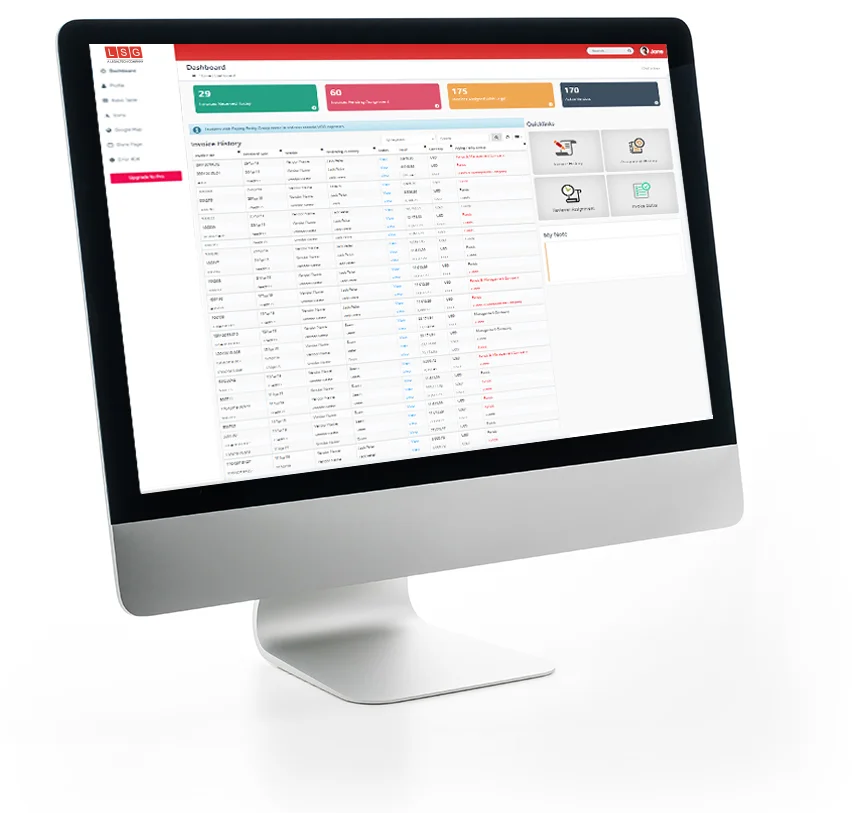Blog
Corporate Legal Departments and Billing Practices
Published by Vipin Louka on Feb 27, 2017

Corporate legal departments and their law firms’ billing practices have come a long way from the days of manual billing to the present age of e-billing.The success of a legal firm depends heavily on effective processes and efficient billing practices. In order to understand these requirements we need to study the types of billing practices prevalent among legal firms.
Time billing has been the most convenient and accepted billing practice among law firms in Western countries for many decades. Billing is based on an agreed rate for time spent working on all aspects of the case until it is resolved. Hourly rates billing used to be the most accepted form of billing whether contested divorces, contract litigation or personal injury defense. Even though hourly billing used to be the most accepted method it can put clients at a disadvantage. This will not benefit the law firm in the long run. Hourly billing can be compared to the purchase of a car whose price will be determined solely on the time taken to make the car. Thus, hourly billing does not necessarily reward skill and efficiency, but can result in payment for time wasted.
Now a number of alternative types of billing are available in the legal industry and law firms that have implemented these alternative billing practices have said their clients are more satisfied.
There are mainly four alternative billing practices;
- Flat fee - Perhaps the most common alternative to hourly billing. It means charging for a pre-defined service at a flat rate. This type of billing is best suited for certain types of legal work where the process is somewhat uniform or transactional .Like property transfer, business formation, lease preparation, estate planning and uncontested divorce. The main advantage of flat fee billing is that the law firm gets its costs covered immediately.
- Retainer agreement – An advance payment for legal services. The law firm keeps the retainer in a special trust account and deducts costs and services as they accrue.
- Contingency fee - The law firm receives no upfront payment and collects a fee only in case the client receives a positive monetary outcome as a result of a favorable decision from the court or via out of court settlement. It is usually calculated as a percentage of the amount received.
- Budgeted fee - This type of billing is usually used in litigation, where the law firm and the client establish how much will be spent on each phase, from investigation to discovery to trial.
We can see that different types of legal services might need different types of billing for maximum efficiency, from both the law firm and their client’s perspective. For example, if a law firm that follows hourly billing uses an e-billing business intelligence platform, the time taken for procedures would be drastically reduced.
Inappropriate and inefficient billing practices result in substantial losses for law firms and overspend by corporate legal departments. For best results in terms of efficiency and profits it is in the best interests of the law firm to submit bills via a combined e-billing and business intelligence platform. In other words, a comprehensive legal management solution. This takes care of practice management, invoicing, billing, trust fund management, case document management, client management, tracking billable time, payment and expenses from a single platform.
One of the main benefits of this would be the removal of manual invoice review and processing, which can be cumbersome. The common pitfalls are undetected errors, missed payment discounts and an inability to understand and manage performance. Not to mention the time loss from manual data entry and lengthy approval processes.
Law firms that adopt e-billing solutions with reporting capabilities enjoy the benefits of going paperless, thus cutting costs substantially and realizing enormous process efficiencies like improved data accuracy, automated disbursement, receipt and payment processing. E-billing solutions make it easier to track and monitor data. There is also the added advantage of high security and prevention of payment fraud in contrast to manual invoice reviewing.
Among Enterprise Legal Management solutions available, special mention needs to be given to Advocator System®. It is a highly configurable platform that supports firms to manage their work processes in a more systematic and efficient way. Configurable features from Advocator System® support improved litigation and legal spend management.



